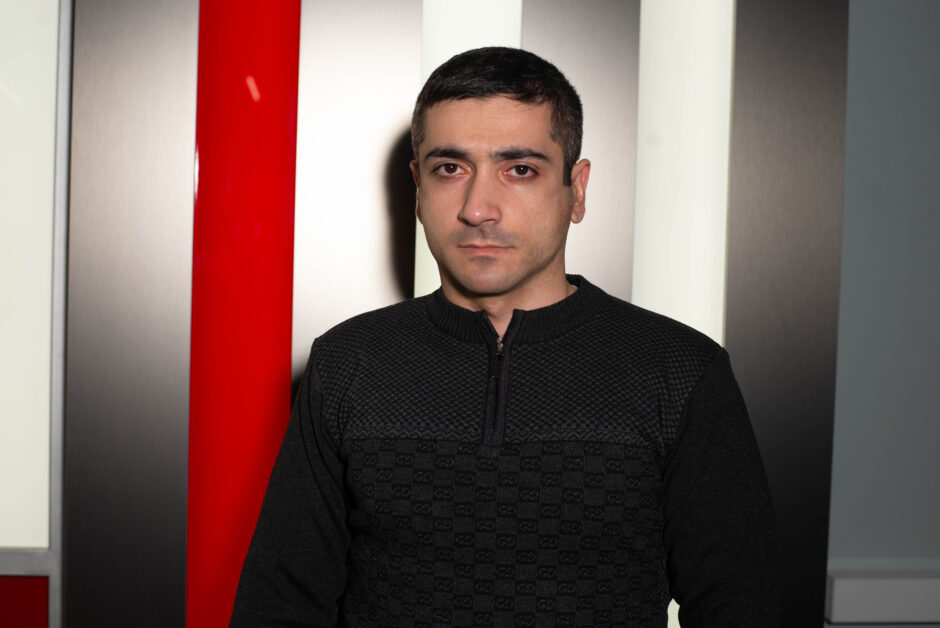
Why do defeated authorities leave?
The Tavush for the Homeland movement, led by Archbishop Bagrat Galstanyan, is gaining momentum in Armenia. The movement calls for the resignation of the present authorities of Armenia. Opposition forces with different political stances have gathered around the movement. They are convinced that the current authorities have not only failed in politics, but also deliberately advance the interests of enemy countries.
Back in 2021, after the 44-day war, under the pressure of the Opposition and a large part of the people, KP, the ruling force, held a snap parliamentary election, standing for it. As a result, through the exertion of state apparatus leverages and due to various manipulations, the ruling power led by Pashinyan was re-elected again, with Pashinyan retaining the prime minister’s seat. This was a really unprecedented process—as the authorities would say—because, apart from Armenia, there is no other country where the power that failed in economy and politics and lost the war would run for elections again and be re-elected. During the snap election, Pashinyan announced that they would take responsibility in that difficult period, rectify the situation and give a good solution to the Artsakh issue. But Pashinyan did not specify that the very difficult situation in which the country found itself was the result of his and his party’s incompetent ruling. And by saying a good solution to the Artsakh issue, as time came to show, the present authorities understood the full cession of Artsakh to Azerbaijan. And even now, the person occupying the prime minister’s seat declares that their government does not have to resign, as it was elected by the people, therefore it enjoys majority support. Well, and what does losing the war have to do with that? After all, they were the ones with whom the primary responsibility rested, but they were fantastically not the prime guilty party. Besides, Germany lost the war too, but managed to be back on its feet, building one of the strongest economies. As regards majority support, even the simplest of polls show that Pashinyan’s rating is not even close to the critical 20%. As for Germany, it was brought back on its feet by the specially developed Marshall Plan and the correct policy adopted by the next authorities, not by Hitler, who had been defeated. If a power loses a war—moreover, in a way that this defeat suggests capitulation—this means that the said government adopted the wrong economic and political policy from the outset and is obliged to leave. In history, any defeated authority left without exception, not only because it was politically incapable, but also because the defeated are not even psychologically ready to negotiate with the enemy and properly defend the interests of their own people. In addition to the mentioned points, there are many other circumstances as well. In many cases, even if a country does not lose, but suffers more losses in a war than expected, the authorities resign. That is exactly what happened in Israel during Golda Meir’s time in office. In the hostilities with neighboring countries, Israel won but sustained 1,000 losses, which, for the Opposition and a large part of the people, were too great. Thus, they demanded Golda Meir’s resignation. However, some part of the people were in favor of Meir, saying that she had won and protected the country from invasion and territorial losses. After all, Golda Meir resigned, and as she explained later, her resignation had become a necessity because society had been rifted between her supporters and opponents—something that was unacceptable for a country facing a difficult geopolitical situation. This was, in fact, a behavior of a pro-state politician, proving that Israel continues to be a successful and prosperous country in difficult geopolitical conditions due to such political figures. In the case of Armenia, if we follow the standards of Israel as a developed and successful country, it would turn out that the ruling Civil Contract party would have to have resigned from the very day it came to power, because, from that very day, they divided society into “blacks” and “whites”, labeling those, who disagreed with them and justly criticized them, as “blacks”.
Despite the fact that the present ruling power, to put it mildly, does not currently enjoy majority support, a part of the Armenian society has been left in a political vacuum. They ask, “If not Nikol, then who?” We can answer this question with the recent anecdotal words, “Nikol can be replaced by someone who is at least a little better than him, and even a cactus can be better than Nikol.” A cactus does not sign stupid and anti-state “Cadastre” papers; it does not eat; it has no wife; it drinks only water, and that once a week. But to be serious, our society should quickly get out of this political apathy and unite around the national, state agenda. Otherwise, Nikol Pashinyan will bring Armenia’s agenda to where he brought Artsakh’s agenda from his own point. As regards replacing Nikol and his KP, it is dangerously naive to think that the Armenian nation has no worthy politicians and specialists able to form a crisis government and address the situation in the country.
Ashot Barekyan


